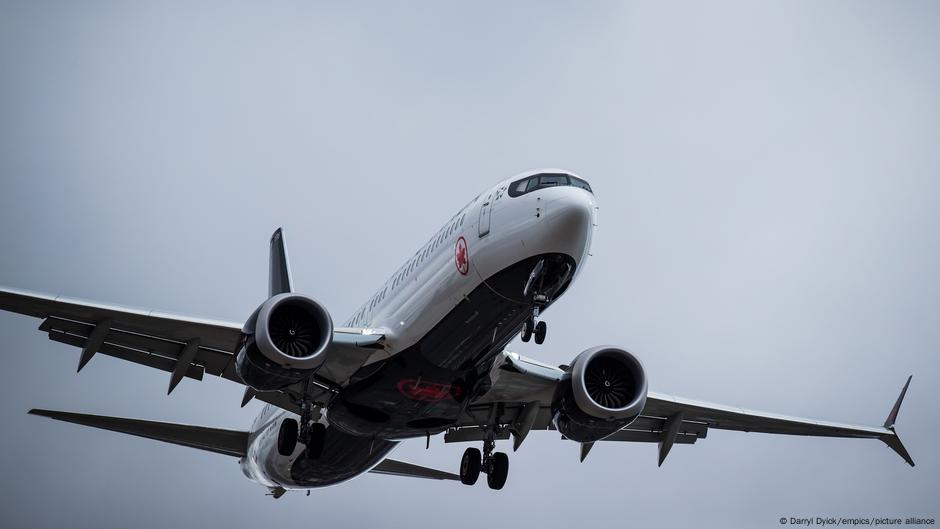Air Canada: Government Forces Striking Cabin Crew Back to Work

Air Canada Strike Leaves Over 100,000 Passengers Stranded
A significant disruption in air travel has occurred after more than 100,000 passengers found themselves stranded due to a strike by Air Canada flight attendants. This event has led the Canadian government to intervene, aiming to prevent long-term economic consequences.
The Canadian government took action on Saturday to put an end to the ongoing strike by Air Canada's cabin crew. The strike forced the country's largest airline to cancel all of its 700 daily flights, leaving thousands of travelers in a difficult situation during the peak of the summer travel season.
Government Intervention and Arbitration
Why did the Canadian government step in? The government has issued an order for an immediate end to the strike and has mandated that the Canada Industrial Relations Board impose binding arbitration on both Air Canada and the striking flight attendants.
This move came at the request of Air Canada, while the flight attendants, who initiated the strike early Saturday, had opposed this intervention. According to Canadian Jobs Minister Patty Hajdu, the negotiations between the parties have failed, and they are not closer to resolving the key issues. She stated that the involvement of an arbitrator is necessary to help resolve the dispute.
Hajdu noted that Air Canada estimates it could take up to five days for its operations to return to normal. She emphasized that the strike is causing increasing hardship for Canadians and is negatively affecting the economy. In a statement, she said the government had to act to "preserve stability and supply chains in this unique and uncertain economic context."
She further explained that the arbitration order is crucial for maintaining industrial peace, protecting Canadians, and promoting conditions for resolving the dispute.
Impact on Travel and Economy
Flying is often the only viable option for long-distance travel in Canada, which is the world's second-largest country. The strike has disrupted this essential service, creating challenges for both travelers and the broader economy.
Reasons Behind the Strike
The flight attendants went on strike over a pay dispute with Air Canada. In a social media post just before 01:00 ET (05:00 GMT), the union representing the flight attendants, the Canadian Union of Public Employees (CUPE), confirmed the 72-hour strike. More than 10,000 Air Canada flight attendants were involved in the walkout.
Currently, flight attendants are paid only when they are on duty flying. However, the union is seeking compensation for the time spent on the ground between flights and for assisting passengers during boarding. Despite months of negotiations, the talks collapsed when the union rejected Air Canada’s request to enter into government-directed arbitration.
Air Canada, based in Montreal, mentioned that the strike would also impact its budget arm, Air Canada Rouge. The airline estimated that around 130,000 passengers per day would be affected by the strike.
Conclusion
The strike highlights the complex relationship between labor rights and business operations in the aviation sector. As the government steps in to mediate, the outcome of the arbitration will likely determine the future of this dispute and its impact on both Air Canada and its employees. The situation underscores the importance of finding a balanced solution that addresses the concerns of workers while ensuring the continuity of essential services.

Comments
Post a Comment